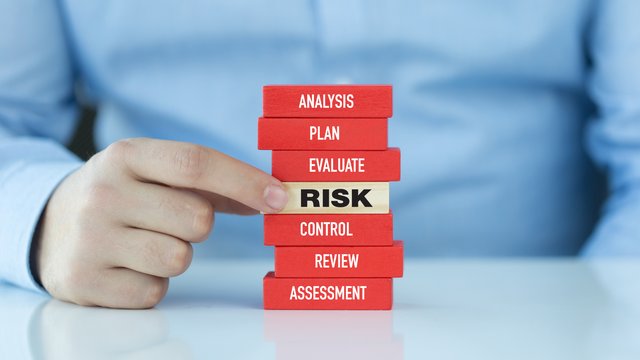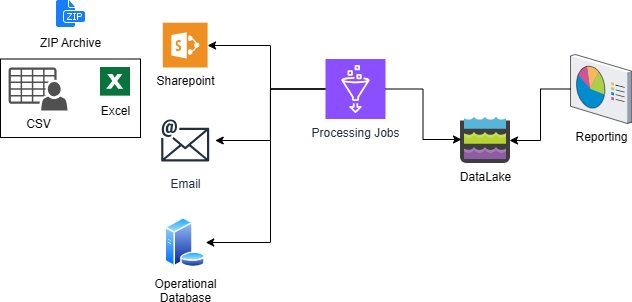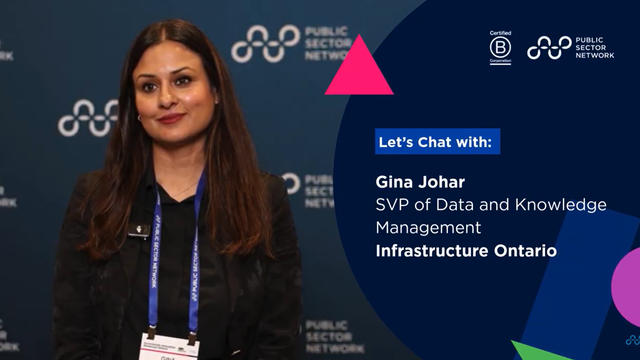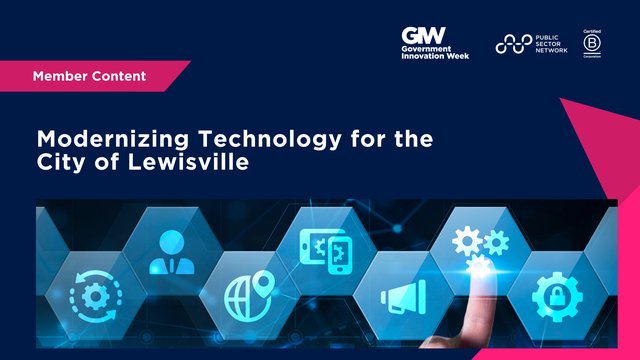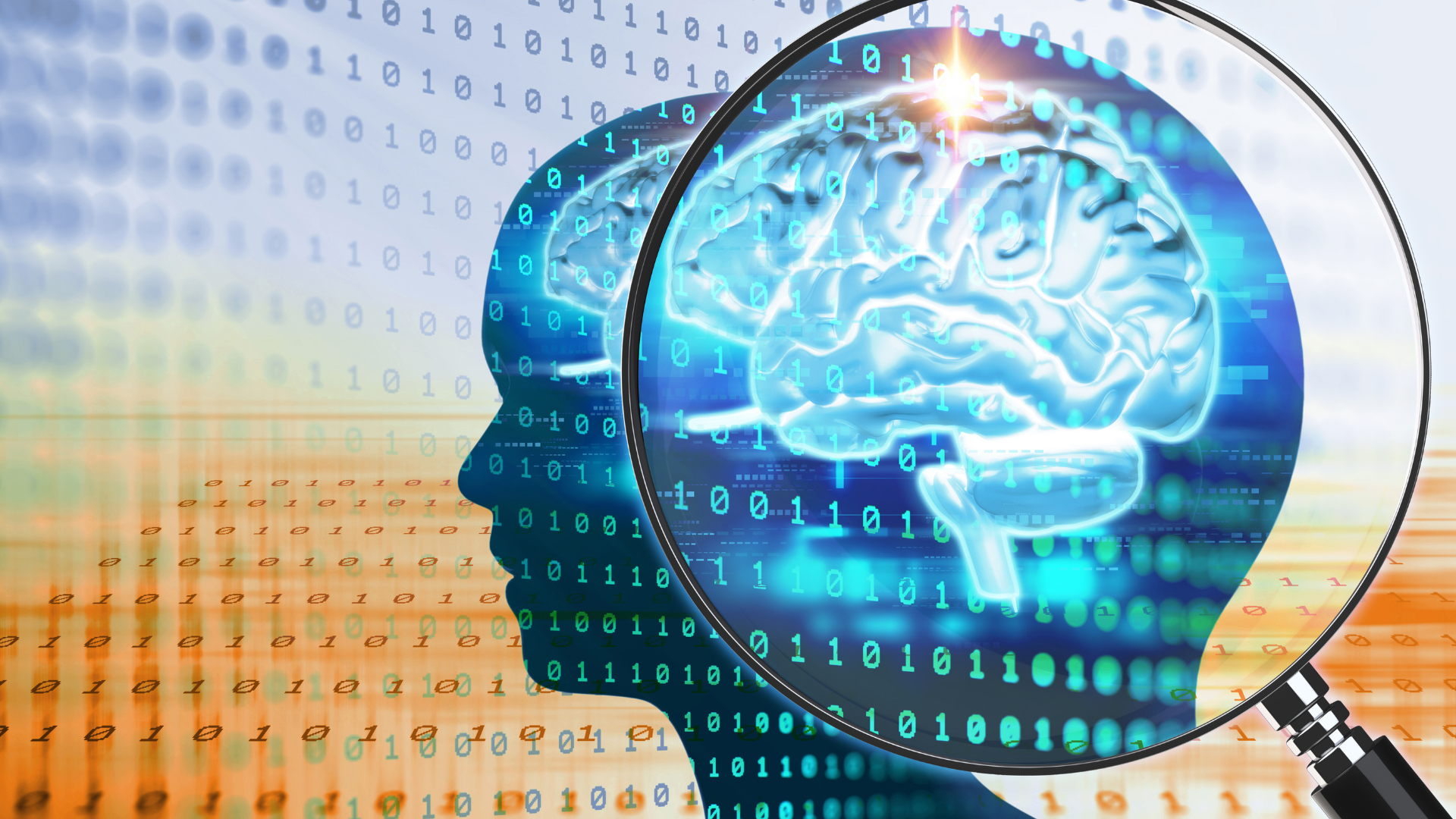
If you joined us for Part 1 of Australia’s Mental Health Revolution series you will remember that we celebrated the many innovations that are on the rise to support those suffering from mental health issues and to hopefully alleviate this crisis. Through telehealth, mobile care and wearables, the aid of patients’ self-care techniques and health professionals are ready and waiting at their fingertips – no matter where patients are or what their socio/economic background. Pretty amazing, isn’t it.
Playing a significant role in the aspirations of many digital mental health innovations is neurotechnology - devices and procedures that seek to access, assess, emulate and act on neural systems, devices which provide real-time data on a person’s brain activity and feed it into an app. Artificial Intelligence (AI) is increasingly being integrated with neurotechnology to enhance data analysis, improve device functionality, and personalize treatment plans.
With this, neurotechnology is set to revolutionize healthcare, making early diagnosis and personalized treatments for depression, epilepsy, and cognitive decline a reality. Imagine brain sensors that not only enhance meditation and focus but also enable communication through thought-driven technological telepathy?! People are now giving more of their health data to technology than ever before, reporting their moods, scheduling medical appointments and using search engines that track our browsing, and it's important to consider the consequences happening right now, not just the near future.
Our Brain Data – The Hot New Commodity
Enter the influx of brain-tracking devices—ranging from earbuds and headphones to headbands, watches, and even wearable tattoos soon to be flooding the market, promising to revolutionize our lives. Sure, wearables play a crucial role in providing valuable data for assessing and managing psychological distress and health perception, but in what other ways do governments intend to use our private, precious brain information for good?
- Enhance public safety through better understanding of behaviour and cognitive states
- Prioritisation or denial of services based on interpreted brain data
- To understand how people learn best and tailor educational programs accordingly
- Enhance soldiers' cognitive functions, monitor their stress levels
- Provide insights into population health, cognitive abilities, and social behaviours, to inform public policies and social programs
Does the government have the right to access our most personal assets - our thoughts?
These shiny new devices also bring the potential threat of intruding into the privacy of our minds – as a person’s brain activity is intrinsically personal data. This is particularly concerning when it comes to EEG headsets and wearables which results in an inundation of data where companies are scanning our brains so they can develop and improve their products (Remember when Mexico’s governing party used neuromarketing to study voters?).
The Australian Human Rights Commission identified several risks to human rights that neurotechnology may pose, including rights to privacy and non-discrimination and freedom of thought (read further on brain monitoring devices worn by drivers of the Beijing-Shanghai high-speed rail line).
As it stands now, Australia’s Privacy Act and Privacy Principles govern personal information collection, however there are no specific protections for brain and cognitive data. So…
- Organisations can mine the neural data of Australians as they wish
- Particularly concerning when that data comes from children - they fall outside of the protection provided by Australia's privacy legislation, as it doesn't specify an age when a person can make their own privacy decisions
- Malicious use and hacking of brain wearables is another threat - from probing for information, to intercepting our PIN numbers as we think or type them
What Does the Government Need to do? And in a Hurry…
In this particular fast-paced and unknown technological climate we must acknowledge new rights in the digital era to protect our cognitive freedom so let’s highlight a few of the actions the government must take:
- Enact comprehensive data privacy regulations specifically tailored to neurotechnology to include stringent requirements for obtaining informed consent, data minimization, and secure data storage
- Establish clear ethical guidelines for the development and use of neurotechnology which address issues such as consent, data ownership, and the ethical use of brain data
- Create specialized regulatory bodies to oversee the development and implementation of neurotechnology responsible for ensuring compliance with ethical standards and data protection laws
- Mandate transparency in how cognitive data is collected, used, and shared. Companies should be required to provide regular reports and undergo independent audits
- Invest in the development of advanced encryption and secure data storage technologies to protect cognitive data from unauthorized access and cyberattacks
- Promote international collaboration to establish global standards and regulations for neurotechnology, ensuring consistent protection of cognitive data across borders
Neurotechnology offers incredible potential to transform healthcare by enabling breakthroughs in the treatment and understanding of the brain. But the sensitive nature of brain and health data makes it imperative for governments to enact strict privacy and data protection regulations. These safeguards are essential to ensure that citizens to fully benefit from these innovations without compromising personal privacy.


